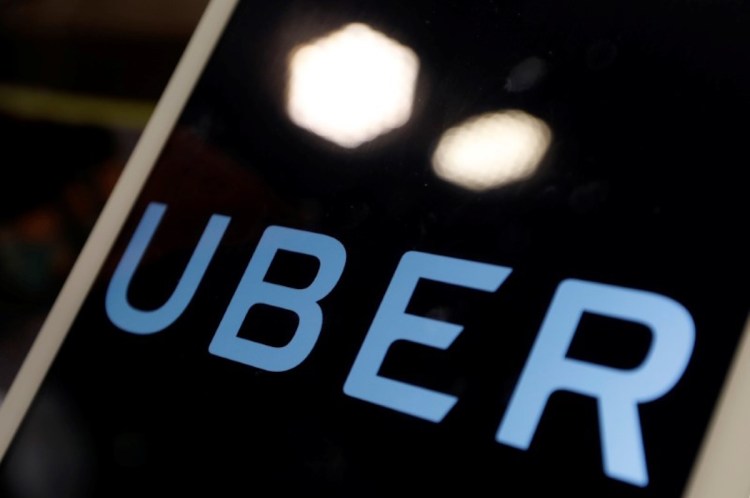Want smarter insights in your inbox? Sign up for our weekly newsletters to get only what matters to enterprise AI, data, and security leaders. Subscribe Now
Uber is shutting down its self-driving car program in Arizona following the death of a pedestrian, the company confirmed to VentureBeat today.
“We’re committed to self-driving technology, and we look forward to returning to public roads in the near future,” an Uber spokesperson told VentureBeat via email. “In the meantime, we remain focused on our top-to-bottom safety review, having brought on former NTSB Chair Christopher Hart to advise us on our overall safety culture.”
Uber suspended self-driving tests nationwide after a fatality two months ago in which a 49-year-old woman was struck and killed by one of the company’s self-driving SUVs in Tempe, Arizona. The governor of Arizona then suspended Uber’s ability to test autonomous cars on public roads.
According to The Arizona Republic, more than 200 workers in the self-driving program were notified that they were being let go this morning. Uber says it will provide outplacement services to those affected by the shutdown, and that it will continue to invest in its other Arizona operations, including its ridesharing program, Uber Eats business, Center of Excellence, and Greenlight Hub. The company employs more than 550 people in the state.
AI Scaling Hits Its Limits
Power caps, rising token costs, and inference delays are reshaping enterprise AI. Join our exclusive salon to discover how top teams are:
- Turning energy into a strategic advantage
- Architecting efficient inference for real throughput gains
- Unlocking competitive ROI with sustainable AI systems
Secure your spot to stay ahead: https://bit.ly/4mwGngO
“We’ve made the tough call to wind down operations in Phoenix,” wrote Eric Meyhofer, head of Uber’s advanced technology group, in a message to employees obtained by Ars Technica. “This is the best path forward as we work to get back on the road as soon as possible.”
Uber will refocus its efforts on Pittsburgh and San Francisco, where it has engineering hubs. Specifically, the company plans to resume its self-driving vehicle program in Pittsburgh this summer once federal investigators conclude their inquiry into the Arizona accident, and is in conversations with the Governor of California, the California DMV, and the cities of San Francisco and Sacramento about future tests.
“When we get back on the road, we intend to drive in a much more limited way to test specific use cases,” Meyhofer wrote. “Taking this approach will allow us to continually hone the safety aspects of our software and operating procedures. We have also used the past two months to strengthen our simulation capability, which will allow us to be more efficient with our use of road miles.”


